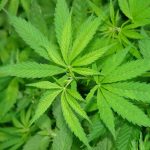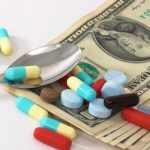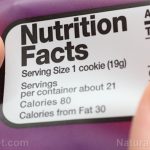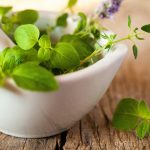
It’s Time for the FDA to Define ‘Natural’
Thursday, May 05, 2016 by fdanews
http://www.fda.news/2016-05-05-its-time-for-the-fda-to-define-natural.html
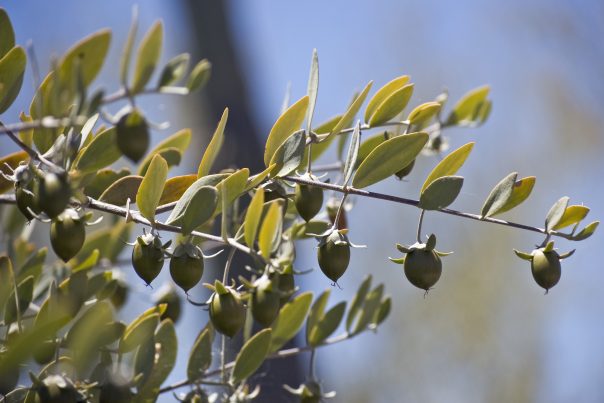
For anyone with a deep, enduring faith in the meaning of nature, it may come as something of a shock to learn that the word “natural” means nothing at all—at least when it comes to the business of marketing processed food. Every year, U.S. corporations sell tens of billions of dollars worth of food products labeled as “natural.” Yet, to this day, the Food and Drug Administration has never formally defined the term. The word is a kind of orphan child, undefined by government, misused by industry and without a provenance or a use for the average American consumer.
(Article by Paul Greenberg, republished from http://time.com/4317988/fda-natural-definition/)
In fairness to the FDA, definition is a tricky thing to do. As the agency states on its website: “From a food science perspective, it is difficult to define a food product that is ‘natural’ because the food has probably been processed and is no longer the product of the earth.” But in what could be interpreted as either a progressive leap forward or a significant case of overconfidence, the FDA has issued a public call for comments on what exactly natural should mean. The request for comments, originally slated to close in January, was extended because of popular response, and now Americans have until next week—May 10—to put in their two cents on that $40 billion worth of chow.
How, then, should we comment? At first blush it would seem self-evident: a natural product should have only natural things in it, right? But a quick perusal of some of the ingredients that appear regularly in our foods seem, well, kind of unnatural. Castoreum, a commonly used compound that gives foods a raspberry-like taste, is mostly derived from beaver anal glands. L-cysteine, another natural amino acid used to extend the shelf life of baked goods often comes to us from feathers and human hair swept off the floors of barber shops.
Information like this has made some in the food-reform movement want to ban the word “natural” altogether. We already have “organic,” which came about after a 10-year-long throw-down that left many bruised and more than a few inflamed. Big Agriculture sought a watered-down definition of “organic.” Lobbied by industry, the Secretary of Agriculture created rules allowing non-organic feed to be used in dairy cattle transitioning to an organic diet and permitting the use of synthetic substances in the handling of products labeled as organic.In addition, wild fish advocates have to this day managed to prevent an “organic” label being applied to farmed fish. Their argument? How could any farmed product be more “organic” than something that is harvested purely from the wild?
The word “natural” creates similar complications. And some corporations have already been fleeing from the word. Frito Lay, Pepperidge Farms, Pepsico and Campbell’s Soup, have all begun abandoning use of the term from product packaging, labeling and marketing. The impact of litigation is palpable. Based upon statistics from 2013, only 22.1% of food products and 34% of beverage products marketed that year claimed to be “natural,” which reveals a decrease from 30.4% and 45.5% respectively only three years prior. Insiders suspect that’s due to legal action or fear of future disputes about misleading labels.
Some believe “natural” should be promoted to be a kind of “super organic.” In this model “natural” would mean any product that is 100% organic and is void of any artificial ingredients. Others, like Margot Pollans, professor at Pace Law School and director of the Pace-NRDC Food Law Initiative, believe that government labeling, in the absence of direct regulation of food production practices, is misplaced as it puts too much of a burden on consumers to do the right thing and lets food producers off the hook for poor environmental practices.
Read more at: http://time.com/4317988/fda-natural-definition/http://time.com/4317988/fda-natural-definition/
Tagged Under: Tags: FDA

